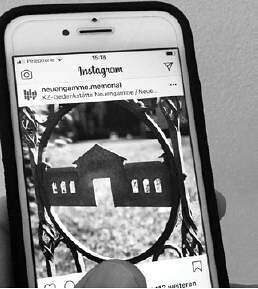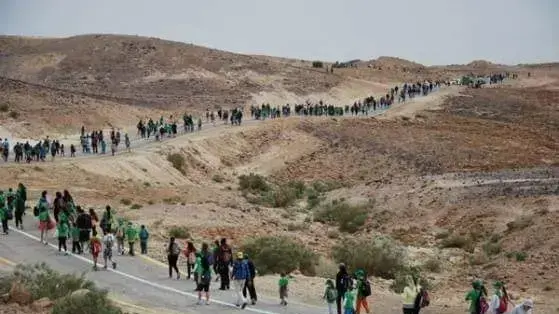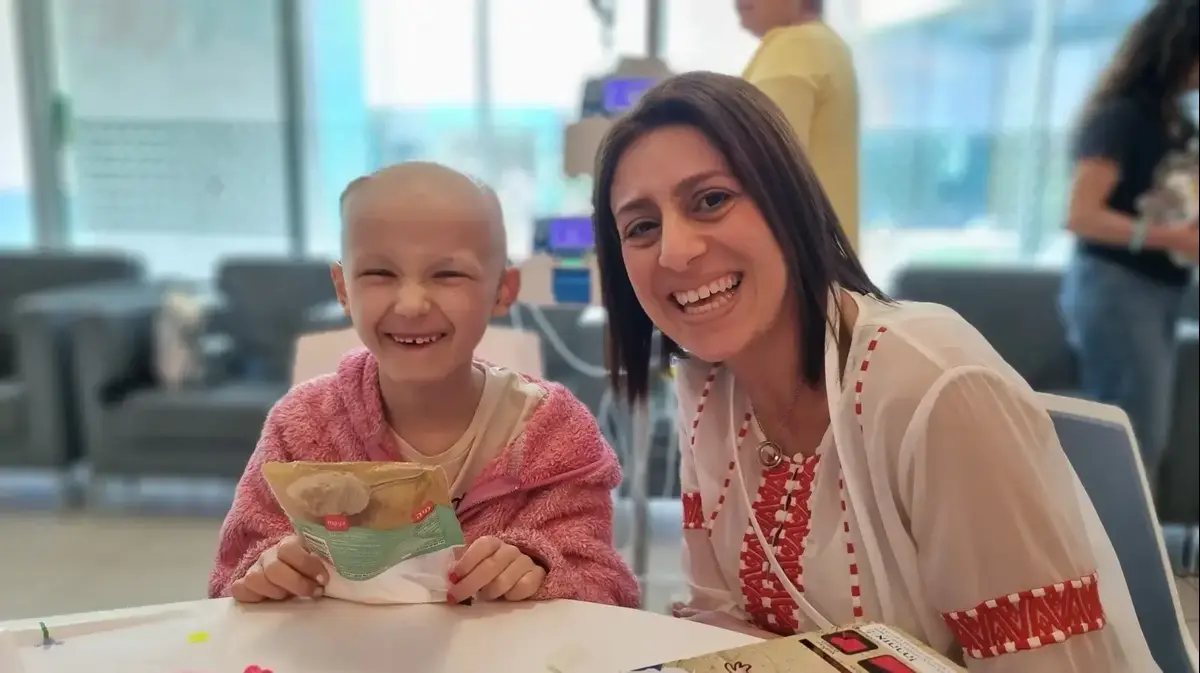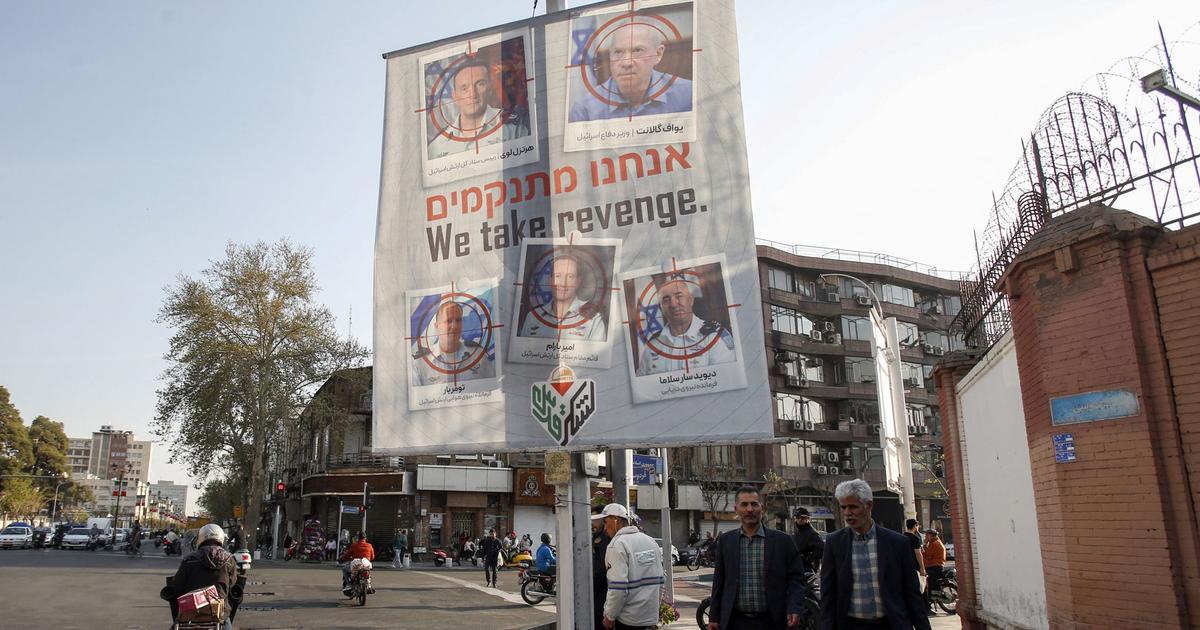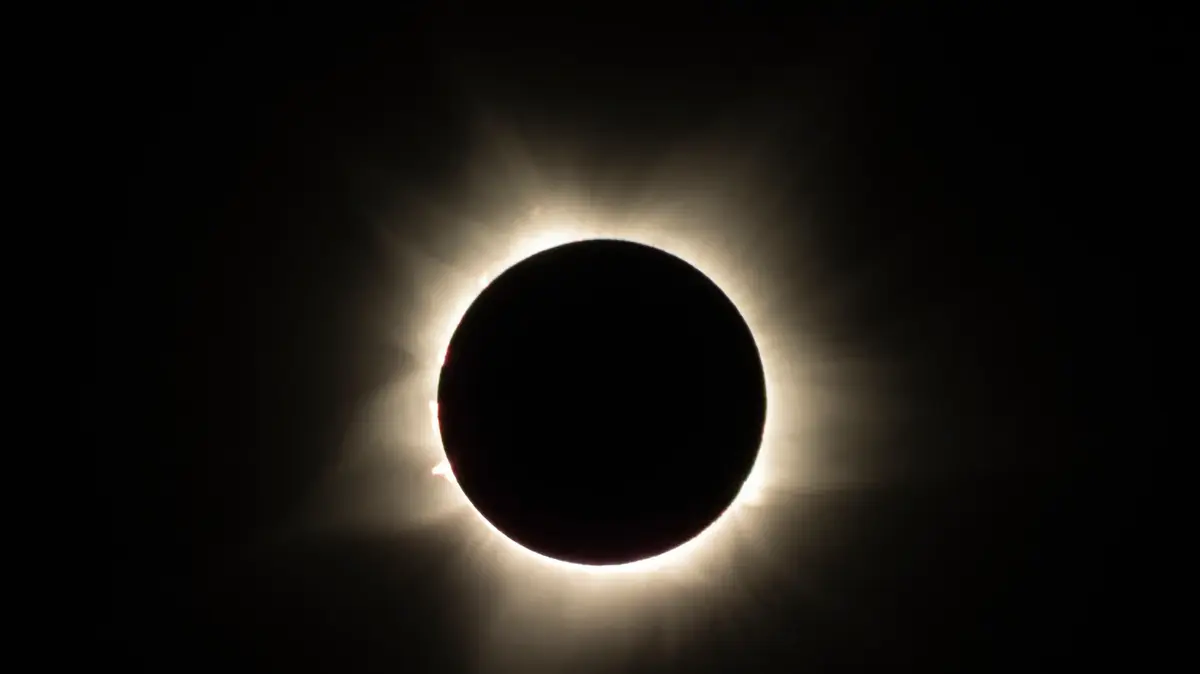Hebrew University Research: The Transition Contributed to Strengthening Exposure to Holocaust Heritage • "Advanced to a Culture of Integrated Commemoration"
Commemoration in the shadow of the virus:
A new study by the Hebrew University, published ahead of International Holocaust Remembrance Day, examined how commemorative centers, museums and memorial sites dealt with the corona plague.
The study, which examined 32 museums and sites around the world, reveals that the transition to digital commemoration has contributed to intensifying exposure to the subject - and created new possibilities for inheriting the Holocaust heritage.
Tom Divon of the University's Department of Communication, who took part in the study together with Dr. Tobias Abrecht-Hartman, explains that "because of the corona a real problem arose: visitors were not allowed in, but it was still necessary to continue passing the message on to future generations.
Here we found that without exception, in all the places we examined were done beyond the net and dealing with commemorative issues.
The difficulty actually encouraged creativity and exposed to the field of huge audiences, who before that would not have come to these places at all. "
"Live" tours on Instagram
The study, published in the journal Media, Culture & Society, showed how the researchers approached the network and created new memory niches, such as "live" Instagram tours of the extermination camps, tag-based campaigns on Facebook and Twitter, viral videos and zoom conversations with survivors from around the world.
The digital activity, with an emphasis on audience participation in commemoration, has created a variety of formats that have encouraged it to take part in the memory process.
Monuments has opened profiles on Instagram and Tiktok and created “digital challenges” for surfers.
These commemorative attempts on the new platforms, such as Tiktok, expressed the desire of museums and monuments to reach the fourth and fifth generations of the Holocaust - and to connect them to memories.
At the same time, Yad Vashem has launched a campaign to read names virtually, inviting social media users to record themselves reading the names of the victims using mobile phones - and uploading the videos to Facebook or Instagram with specific tags.
Similarly, members of the Mauthausen Concentration Camp Memorial in Austria asked the public to upload photos and drawings commemorating the camp's release with the tag. # Liberation1945 Beyond that, former concentration camp sites used tags to promote publications related to digital commemoration activities and special events.
"Physical sites remain important for the purpose of commemorating the Holocaust," Dr. Abrecht-Hartman concludes, "so we seem to be moving toward a combined future commemorative culture - physical and digital.
As part of the study, we created a database of Holocaust-related digital projects, available online, and created a collection of examples from around the world. "

